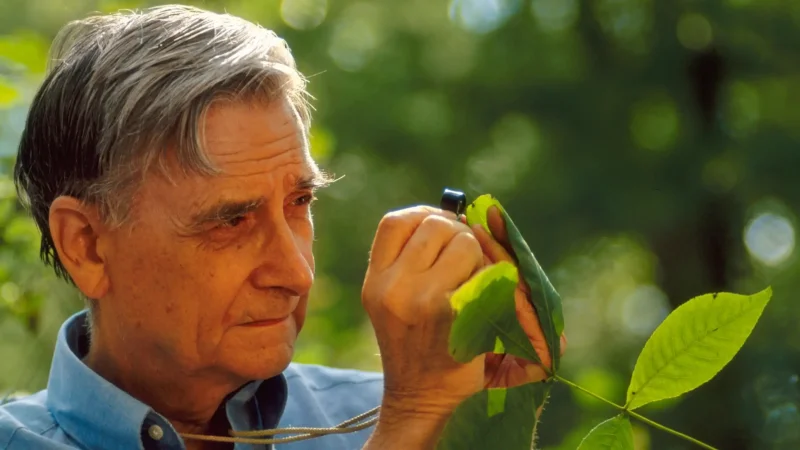A superb naturalist who enjoyed challenging dogma, [Edward Wilson] fought for conservation, brought ideas of biodiversity into the mainstream and set ecology on a rigorous conceptual footing. He has died aged 92.
Wilson’s book Sociobiology, published in 1975, was the first to address the evolution and organization of societies in organisms ranging from colonial bacteria to primates, including humans. The final chapter, on human social interaction, ignited controversy.
Wilson argued that human behavior, although adaptable to environmental conditions, is rooted in a genetic ‘blueprint’. Opponents claimed that nothing in human behaviour is grounded in genetics, except sleeping, eating and defecation.
In a letter to The New York Review of Books, a group of academics including evolutionary biologists Stephen Jay Gould and Richard Lewontin associated Wilson’s view with racism and genocide. Wilson responded with elegance and humour; in my view, most scholars now agree that he won this argument.
I opposed some of his views. When we reached a compromise and submitted the manuscript of our book The Superorganism (2009), Ed’s concluding remark was: “Bert, there is one thing we agree on 100%. That is: my co-author is wrong.” One could disagree with Ed over scientific issues and remain good friends.































